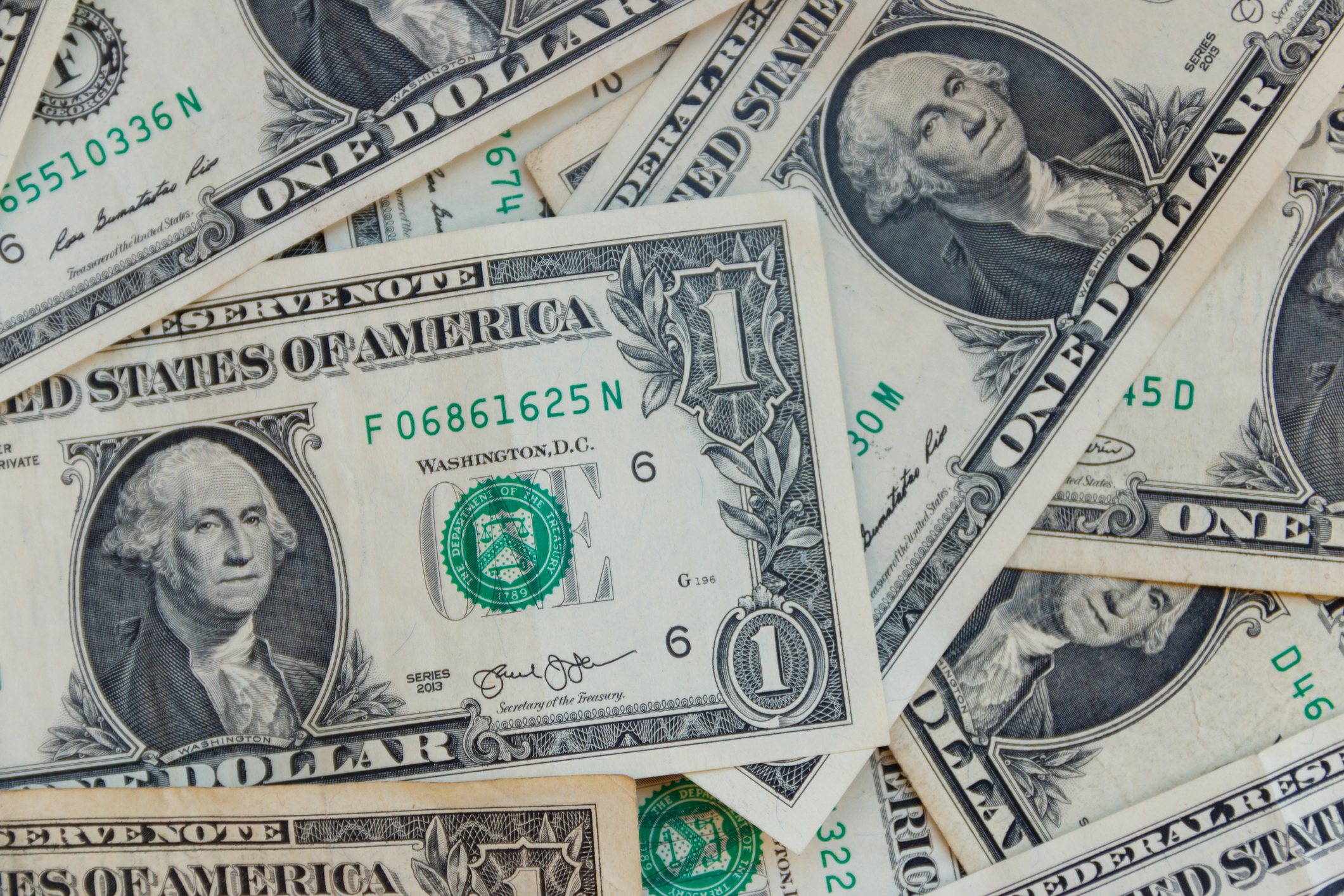The outlook for department stores grew murkier Tuesday after J.C. Penney, Kohl's and Nordstrom reported fiscal first quarter results that reflected their struggles at the start of the year.
Penney, which has been trying to turn around its business for several years after a disastrous reinvention plan, reported a wider than expected loss and sales declines during the quarter.
Kohl's sales momentum also stalled and it cut its fiscal 2020 profit outlook. It cited damp weather that cut into sales of spring clothing and a competitive environment in discounted home goods.
Upscale Nordstrom, which reported results after the close of trading on Wall Street, reported a first quarter sales drop and cut its annual sales forecast.
The downbeat reports from the department store chains were in contrast to Macy's performance. Macy's reported a first-quarter profit last week that smashed Wall Street estimates. It also put up its sixth consecutive quarter of increases in comparable store sales — or sales in stores open a year — fueled by its robust online business after a three-year sales slump. However, it's still facing challenges attracting shoppers.
Department stores have been trying to reinvent themselves as more shoppers go online. They are also facing increasing competition from the likes of T.J. Maxx and other off-price stores, which offer coveted brands at cheaper prices. T.J. Maxx's parent reported strong results Tuesday that topped Wall Street estimates, indicating that shoppers continue to be drawn to its treasure hunt experience.
To lure customers, department stores have been offering exclusive merchandise and adding online services. Last month, Kohl's said it was expanding is partnership with Amazon, with plans to accept Amazon returns in all of its 1,150 stores starting in July. But apparently, those efforts haven't yet translated into higher sales.
U.S. & World
"The middle market is collapsing," said Steve Dennis, a strategic retail adviser. "They're fighting so many headwinds."
Department stores are also facing the threat of escalating trade wars with China that could mean higher prices on clothing and other goods. Retailers had been left largely unscathed by the first several rounds of tariffs since they focused more on industrial and agricultural products.
But items like furniture saw an increase in tariffs to 25% two weeks ago. And now the Trump administration is preparing to extend the 25% tariffs to practically all Chinese imports not already hit with levies, including toys, shirts, household goods and sneakers.
Nearly 200 footwear retailers and brands including Adidas and Shoe Carnival wrote a letter to President Donald Trump on Monday, calling for him not to slap tariffs on footwear imported from China.
The group, the Footwear Distributors and Retailers of America, estimates that Trump's proposed actions will add $7 billion in additional costs for customers every year.
Kohl's Corp., based in Menomonee Falls, Wisconsin, reported first-quarter net income of $62 million, or 38 cents per share.
Earnings, adjusted for asset impairment costs, came to 61 cents per share, missing the average Street estimate of 67 cents per share.
The department store's revenue of $4.09 billion in the period fell short of forecasts of $4.2 billion.
Kohl's now expects full-year earnings per share earnings in the range of $5.15 to $5.45, down from a previous range of $5.80 to $6.15.
Meanwhile, J.C. Penney's CEO Jill Soltau, who took the helm last October, is facing more pressure to turn around its business. The Plano, Texas-based company is bringing in new executives while trying to come up with a plan to attract shoppers. On a conference call, Soltau declined to divulge specifics and said that she wasn't ready for "prime time."
J.C. Penney Co. reported a quarterly loss of $154 million, or 48 cents per share. Losses, adjusted for one-time gains and costs, came to 46 cents per share. That's worse than the per share loss of 39 cents Wall Street was expecting, according to a survey by Zacks Investment Research.
The company's revenue was $2.56 billion, down 5.6%. Same-store sales fell 5.5%. The company attributed part of the sales drop to its move to get rid of major appliances and furniture, which were eating away at profit margins.
Nordstrom reported net income of $37 million. On a per-share basis, the Seattle-based company said it had net income of 23 cents.
The average estimate of 10 analysts surveyed by Zacks Investment Research was for earnings of 43 cents per share.
The department store operator posted revenue of $3.44 billion in the period, down more than 3% from $3.47 billion in the year-ago period.
Kohl's shares tumbled more than 12%, or $7.76, to close at $55.15, while J.C. Penney's shares fell nearly 7%, or 8 cents, to close at $1.07 per share. Nordstrom shares fell 9%, or $3.43, to $34.42 in extended trading after the release of the company's earnings report.



